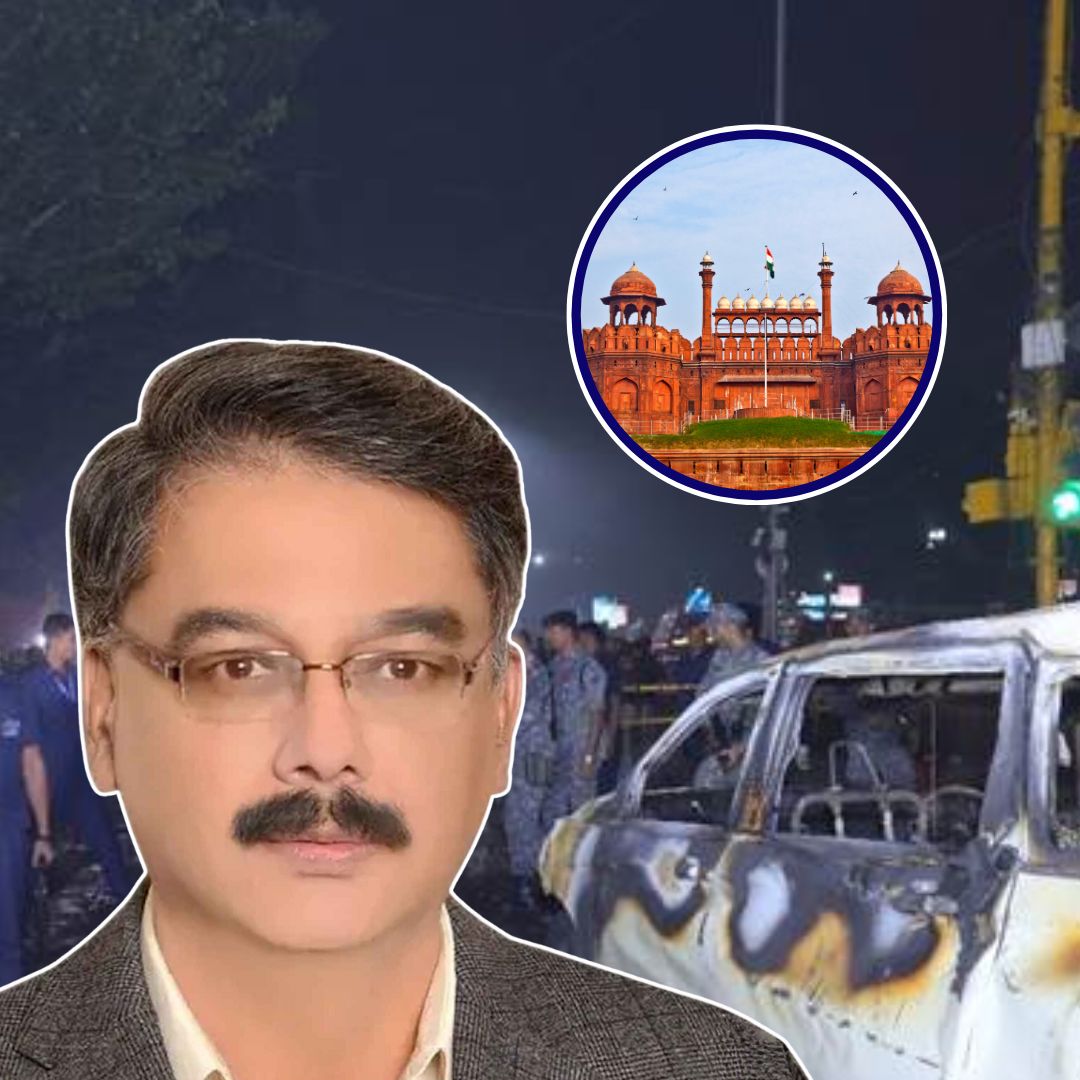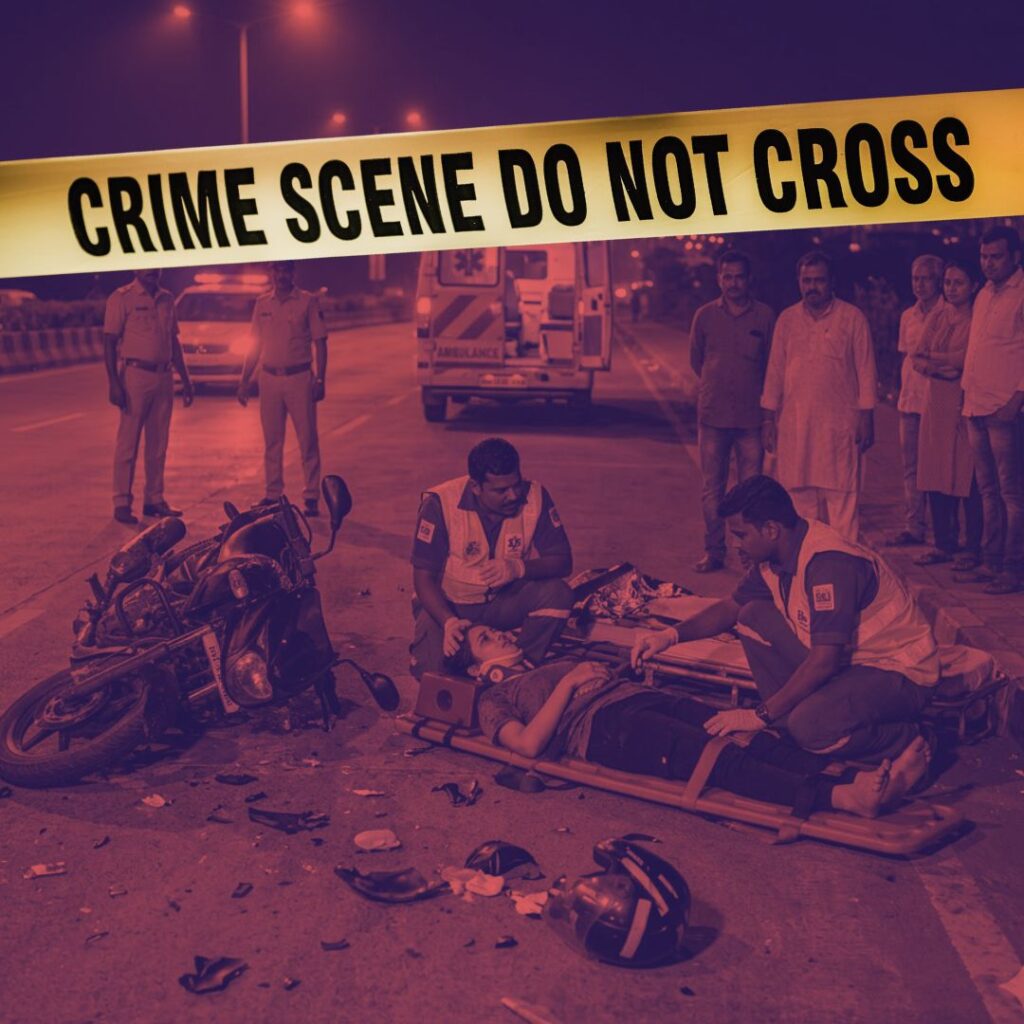Chaudhry Anwarul Haq, the former Prime Minister of Pakistan-occupied Jammu & Kashmir (PoK), publicly admitted that terror groups backed by Pakistan have carried out attacks on Indian soil, spanning from Delhi’s Red Fort to the forests of Kashmir.
This admission, captured in a recent viral video, signals Pakistan’s involvement in cross-border terrorism and aligns with India’s long-standing accusations. Indian officials condemned the claim as irrefutable evidence of Pakistan’s terror sponsorship, while Pakistani authorities tried to downplay it as taken out of context.
The admission comes amid heightened tensions following a deadly suicide bombing near Delhi’s Red Fort, which killed 15 people and has been linked to Pakistan-based militants. Investigations continue as security agencies crack down on related terror networks.
Outrage and Official Responses
The admission is being viewed as a confirmation of decades-long Indian claims that Pakistan’s security agencies and militant groups operate hand in hand.
The National Investigation Agency (NIA) recently arrested Amir Rashid Ali, accused of involvement in the Red Fort explosion. The Enforcement Directorate (ED) is probing funding links to terror operatives, identifying connections with institutions like the Al-Falah University in Haryana.
Meanwhile, Pakistan’s federal government distanced itself from the statement, calling it a political blunder by a disgraced regional leader after his no-confidence vote defeat in PoK.
This year, there was another attack in Pahalgam, Kashmir. The 2025 Pahalgam attack was a devastating terrorist assault on tourists in the scenic Baisaran Valley near Pahalgam, Jammu and Kashmir, which claimed 26 lives and injured 20 others. On April 22, 2025, at least three heavily armed militants entered the popular tourist area and selectively targeted Hindu tourists, although a Christian tourist and a local Muslim pony operator were also among the victims.
The attack, considered the deadliest in India since the 2008 Mumbai attacks, was initially claimed by The Resistance Front (TRF), a proxy of the Pakistan-based Lashkar-e-Taiba group. TRF later retracted responsibility amid controversy and accused Indian intelligence of complicity.
Historical Context and Regional Impact
Cross-border terrorism has remained a core grievance in India-Pakistan relations for decades. Pakistan’s territory, including PoK, is widely regarded by Indian authorities as hosting terrorist camps, political jihadist groups such as Lashkar-e-Taiba and Jaish-e-Mohammed, and training facilities for attackers.
These groups have conducted numerous raids and bombings, including the 2008 Mumbai attacks and repeated infiltrations in Kashmir. Earlier this year, an upsurge in violence, including ceasefire violations and militant strikes, raised concerns of a renewed conflict. Despite attempts at dialogue and ceasefire, each incident disrupts fragile peace efforts and heightens mistrust, reinforcing narratives of enmity on both sides.
The Logical Indian’s Perspective
While Chaudhry Anwarul Haq’s statement shines a stark light on uncomfortable truths, The Logical Indian calls for a measured response grounded in dialogue, empathy, and peaceful coexistence. Acknowledging facts must be accompanied by efforts to bridge divides rather than deepen hostility.
Lasting peace between India and Pakistan requires transparency, mutual respect, and genuine commitment to ending violence from all quarters. Communities on both sides deserve safety and the hope of harmony beyond geopolitical strife.












